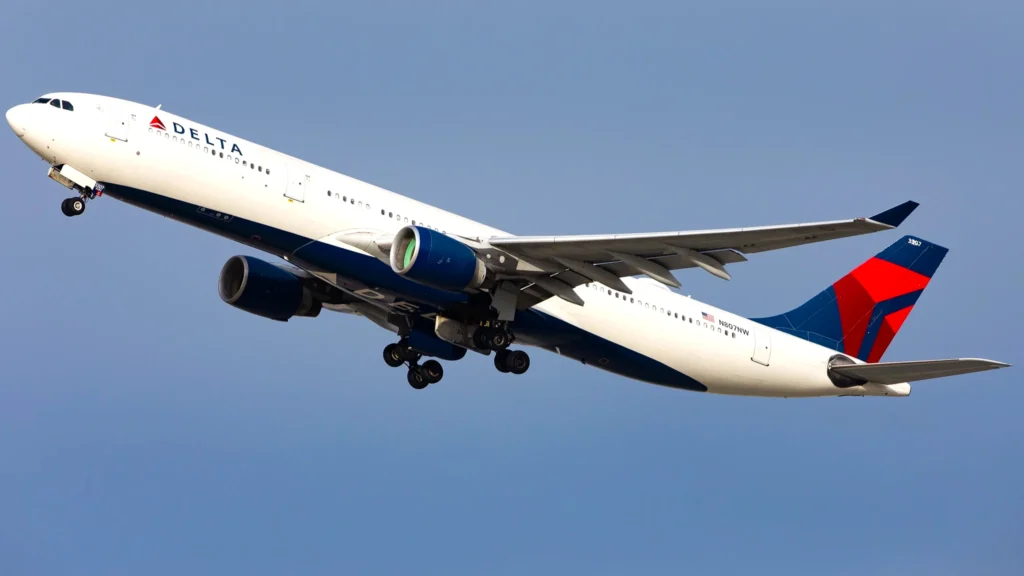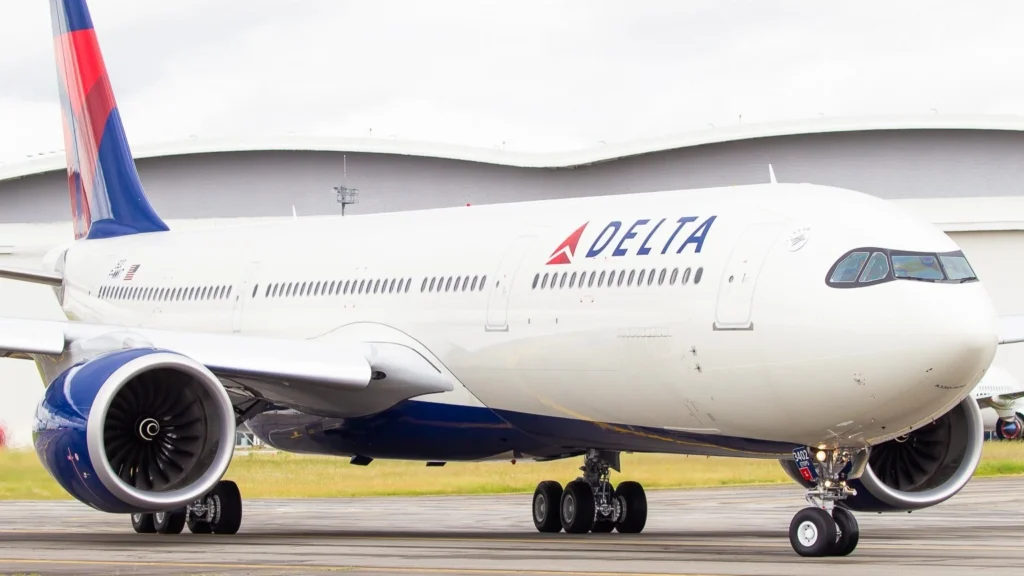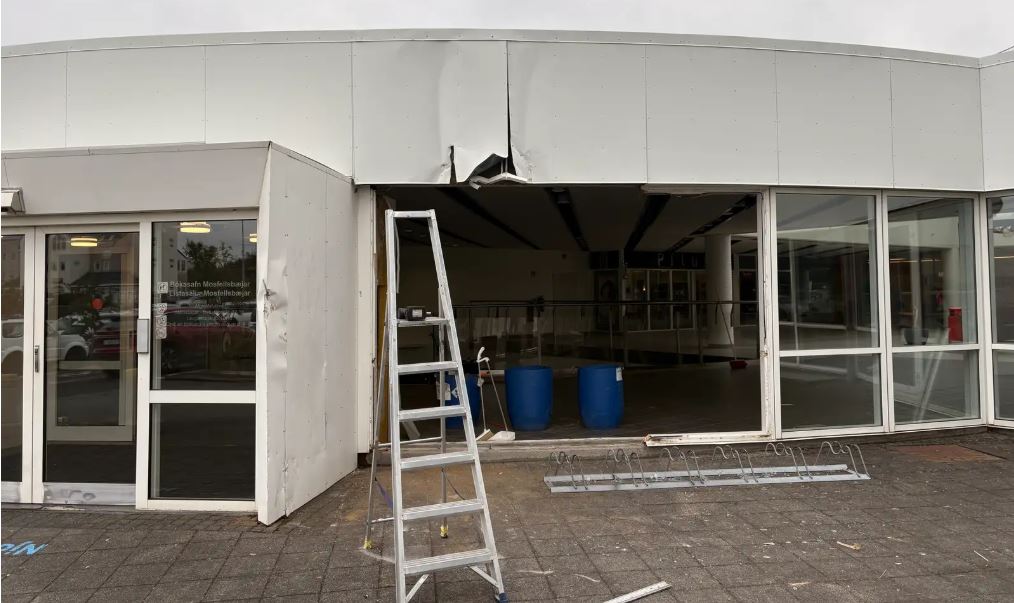
MINNEAPOLIS- Delta Air Lines (DL) on May 13, 2025, canceled a transatlantic flight from Minneapolis–St. Paul International Airport (MSP) to Amsterdam Airport Schiphol (AMS) due to an unexpected food safety issue.
Passengers had already boarded the aircraft before the situation escalated into a protracted delay, culminating in a late-night cancellation.
 Photo: Clément Alloing
Photo: Clément AlloingDelta Cancels Flight Over Food Issue
The flight initially encountered a mechanical issue with the auxiliary power unit (APU), followed by extensive delays and ultimately a cancellation that passengers found both frustrating and confusing.
The airline cited compromised catering as the final reason, raising concerns about operational decision-making during late-night disruptions.
Passengers on the Delta Air Lines flight from Minneapolis (MSP) to Amsterdam (AMS) boarded as scheduled, only to be informed of an APU issue before departure.
The auxiliary power unit is critical for providing electricity and air conditioning while the aircraft is on the ground. Although the crew initially anticipated a brief delay to repair or replace the component, delays extended into the early morning hours.
By around 2:00 AM, after multiple gate changes and conflicting updates, Delta officially canceled the flight, citing a “food safety” concern. This decision left passengers frustrated, as many questioned why the flight couldn’t proceed without catering, particularly given the late hour and closed terminal amenities.
 Photo: Clément Alloing
Photo: Clément AlloingWhy Catering Matters on Long-Haul Flights
Catering on transatlantic flights like MSP to AMS is not just about comfort—it’s a regulatory and safety requirement. Once meals are loaded onto an aircraft, they must be maintained under strict temperature conditions.
When a mechanical delay prevents the plane from departing, the onboard food can become unsafe for consumption after a certain period, often rendering it unusable.
Late-night operations complicate recovery. At hubs like Minneapolis, catering services may not run full-scale past midnight. With minimal staffing and limited access to replacement meals, Delta likely faced operational limits.
Furthermore, airline policy and contractual obligations require meal service not only for passengers but also for crew members, particularly on long-haul ETOPS flights where in-flight diversions are limited.
While passengers may have been willing to fly without meals, airlines must consider broader implications. Food and drink availability is essential for passengers with medical needs and is factored into flight planning. More critically, pilots and crew must be properly catered under FAA and union guidelines.
Delta’s decision also reflects network-wide implications. Launching a severely delayed international flight without catering could lead to crew timeouts, missed connections, and scheduling conflicts. With few overnight recovery options, pushing the flight might have caused a ripple effect across Delta’s operations. Canceling and rebooking may have been the only option to contain further disruptions.
Though Delta’s handling of the delay, including inconsistent communication and late cancellation, drew passenger ire, the decision reflects the complex logistics behind long-haul air travel. Airports like MSP, even as hubs, may not maintain full support services 24/7. Catering staff, aircraft technicians, and gate agents often work on staggered or reduced schedules overnight.
While passengers may interpret delays as poor management, behind-the-scenes limitations like expired catering, unavailable maintenance crews, or union rules can dictate outcomes. Transparency and clear communication could have mitigated frustrations, but the safety-first approach remains paramount in aviation operations.
Featured Image by Clément Alloing | Flickr
Stay tuned with us. Further, follow us on social media for the latest updates.
Join us on Telegram Group for the Latest Aviation Updates. Subsequently, follow us on Google News
Delta First Class Passenger Sit Without Pants Near Woman on Atlanta to Tokyo Flight
The post Delta Cancels Minneapolis to Amsterdam Flight Amid Food Safety Issue, How? appeared first on Aviation A2Z.

 3 miesięcy temu
3 miesięcy temu












